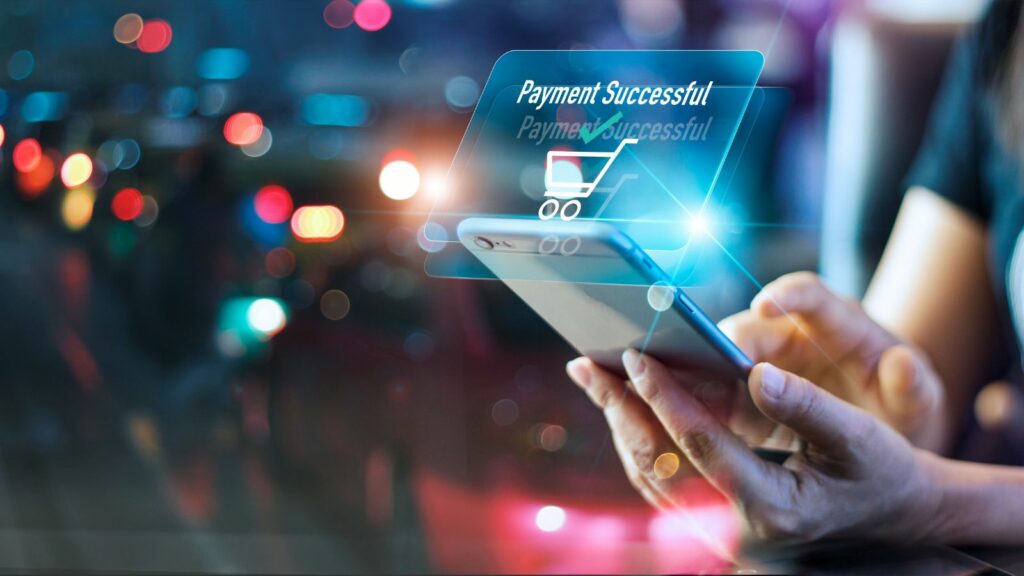Imagine a world where you never have to carry a wallet stuffed with bills or worry about loose change rattling in your pockets. A fully cashless society sounds sleek and modern. With the rise of mobile payments, digital wallets, and contactless cards, this futuristic vision is quickly becoming a reality. However, before we fully embrace a world without cash, it’s worth asking: what do we stand to lose?
Going cashless isn’t as simple as it seems. While it offers convenience and speed, it also brings a surprising number of risks—some of which could profoundly impact individuals, businesses, and even entire economies. Let’s explore 19 often-overlooked challenges that come with a fully cashless society.
Leaving People Behind: The Unbanked and Underbanked

Picture this: millions of people around the globe don’t have a bank account. Whether due to poverty, lack of access, or distrust in financial institutions, they rely entirely on cash for their everyday lives. What happens to these people in a cashless world? They risk being excluded from the economy altogether—unable to pay for groceries, utilities, or other essentials.
Hackers, Everywhere

You can’t be hacked with cash—it’s as simple as that. Digital payments, however, are a different story. A fully cashless society makes our financial systems a prime target for cyberattacks. One breach could expose sensitive financial information or disrupt transactions for millions of people.
Your Privacy? Gone.

Every time you swipe a card or tap your phone, you leave a trail. Companies and governments can track where you shop, what you buy, and how much you spend. This level of surveillance might feel intrusive, raising big questions about who controls your data and how it’s being used.
When the System Fails

Have you ever experienced a power outage or an app that won’t load? Now, imagine that happening to an entire payment network. A cashless society has no backup if a glitch or system failure takes down digital payments. No system is foolproof, and entirely relying on technology could leave people stranded.
Technology Isn’t Everywhere

Not everyone has a smartphone, stable internet, or even reliable electricity. In many rural areas and developing countries, cash remains the lifeline. Going fully cashless could further widen the gap between those with access to technology and those without access.
Who’s Really in Control?
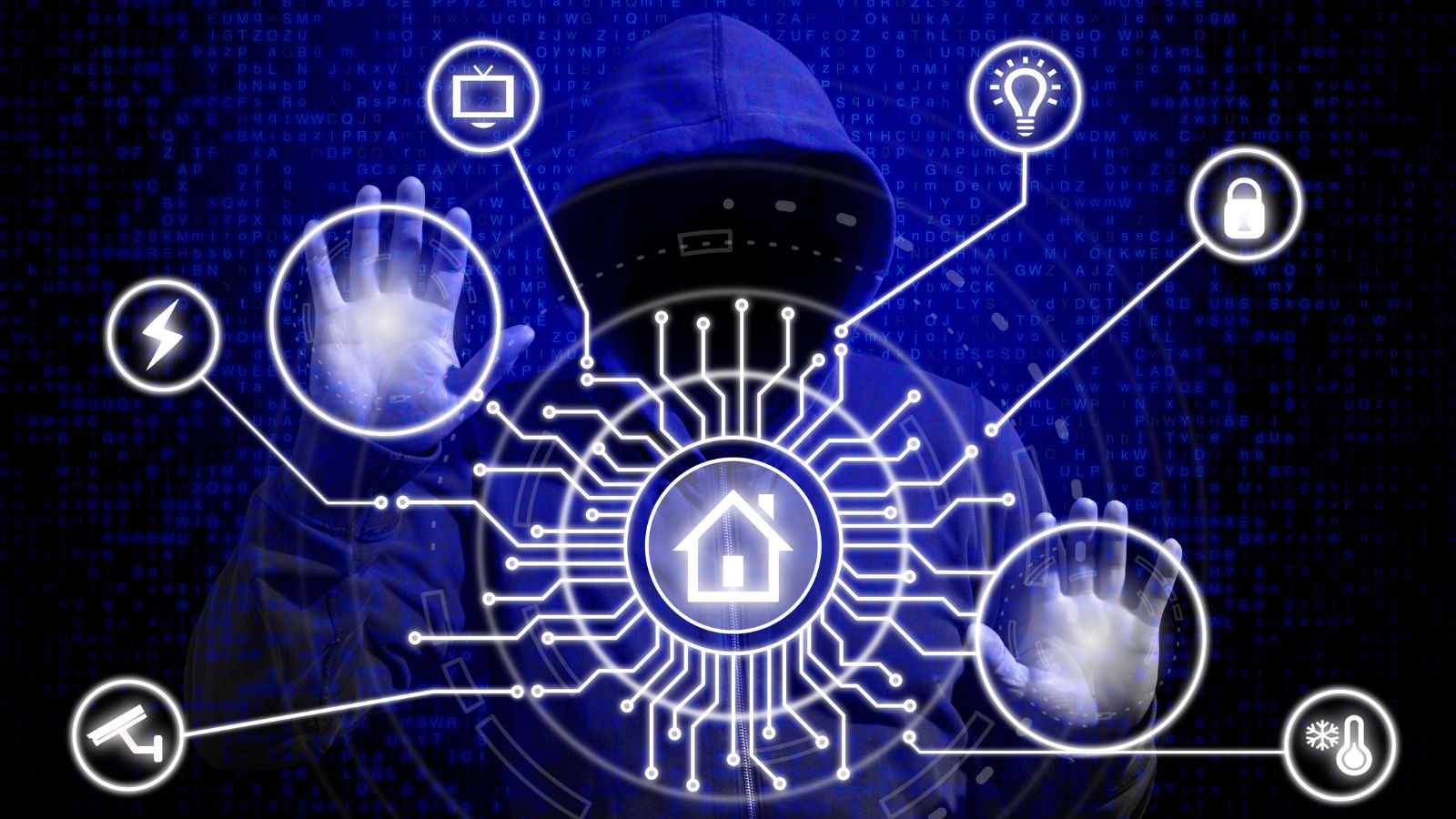
Governments and financial institutions hold the keys to your wallet when every transaction is digital. They can monitor your spending, restrict purchases, or even freeze accounts. This level of control raises uncomfortable questions about freedom and personal autonomy.
Fees, Fees, and More Fees

With cash, you pay what you see. However, digital payments often have hidden transaction charges, conversion rates, or service fees. These costs may seem small individually, but they add up, especially for small businesses and people on tight budgets.
A Bigger Gap Between the Rich and Poor
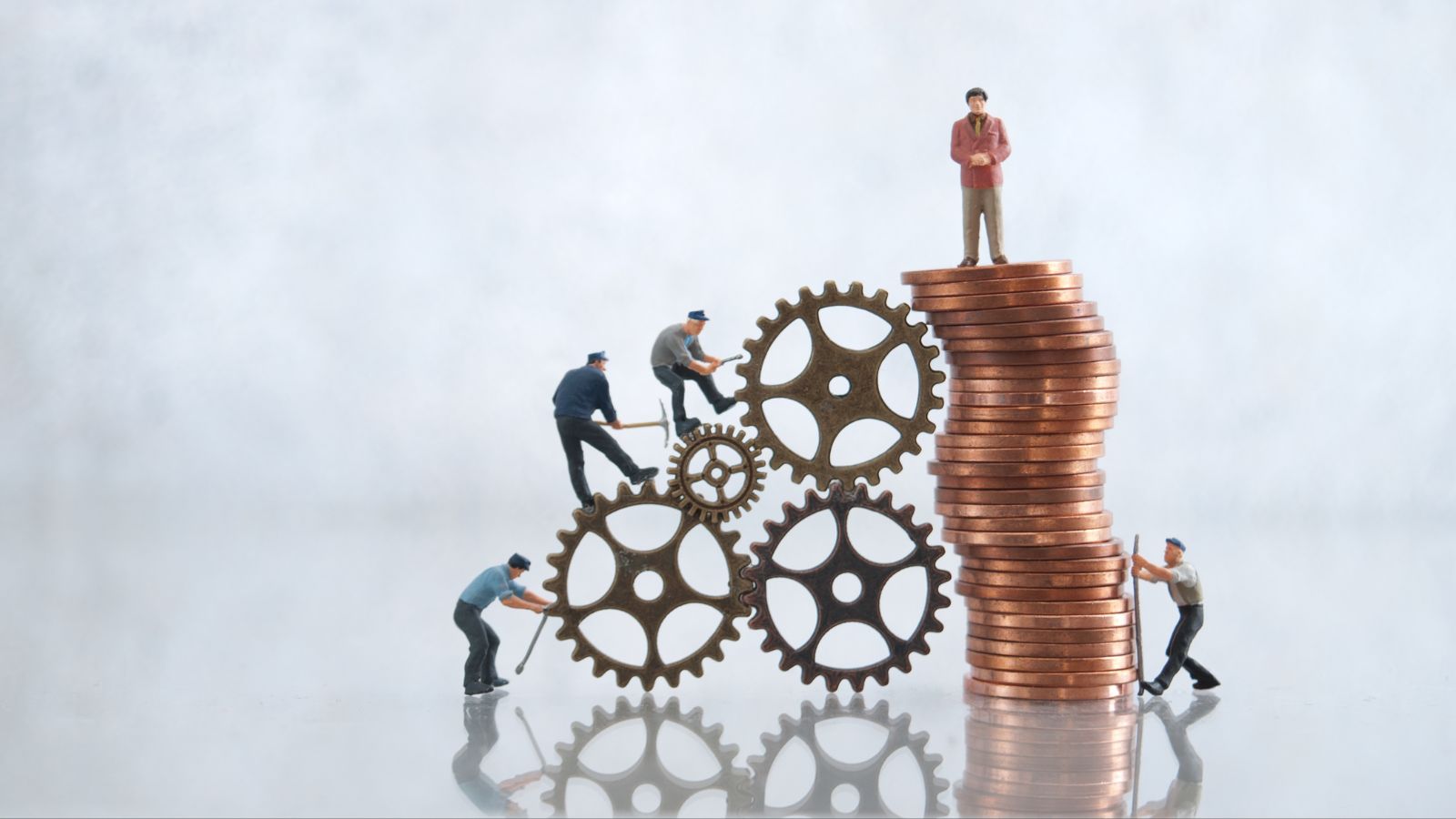
Think about how the wealthy can easily adapt to digital payment systems—they have access to tech, bank accounts, and financial education. However, the shift to cashless can create even more economic inequality for those without these privileges.
Losing the Feel of Real Money

Remember when you were a kid, counting coins from your piggy bank? Handling physical cash gives a sense of its value. In a cashless world, money becomes intangible, making it easier to lose track of spending or fall into debt.
The Big Tech Monopoly

The more we rely on digital payments, the more power we hand over to big tech companies. They can set the rules, collect our data, and prioritize profits. This monopoly could have far-reaching consequences for fairness and accessibility.
Your Money, Gone in a Click
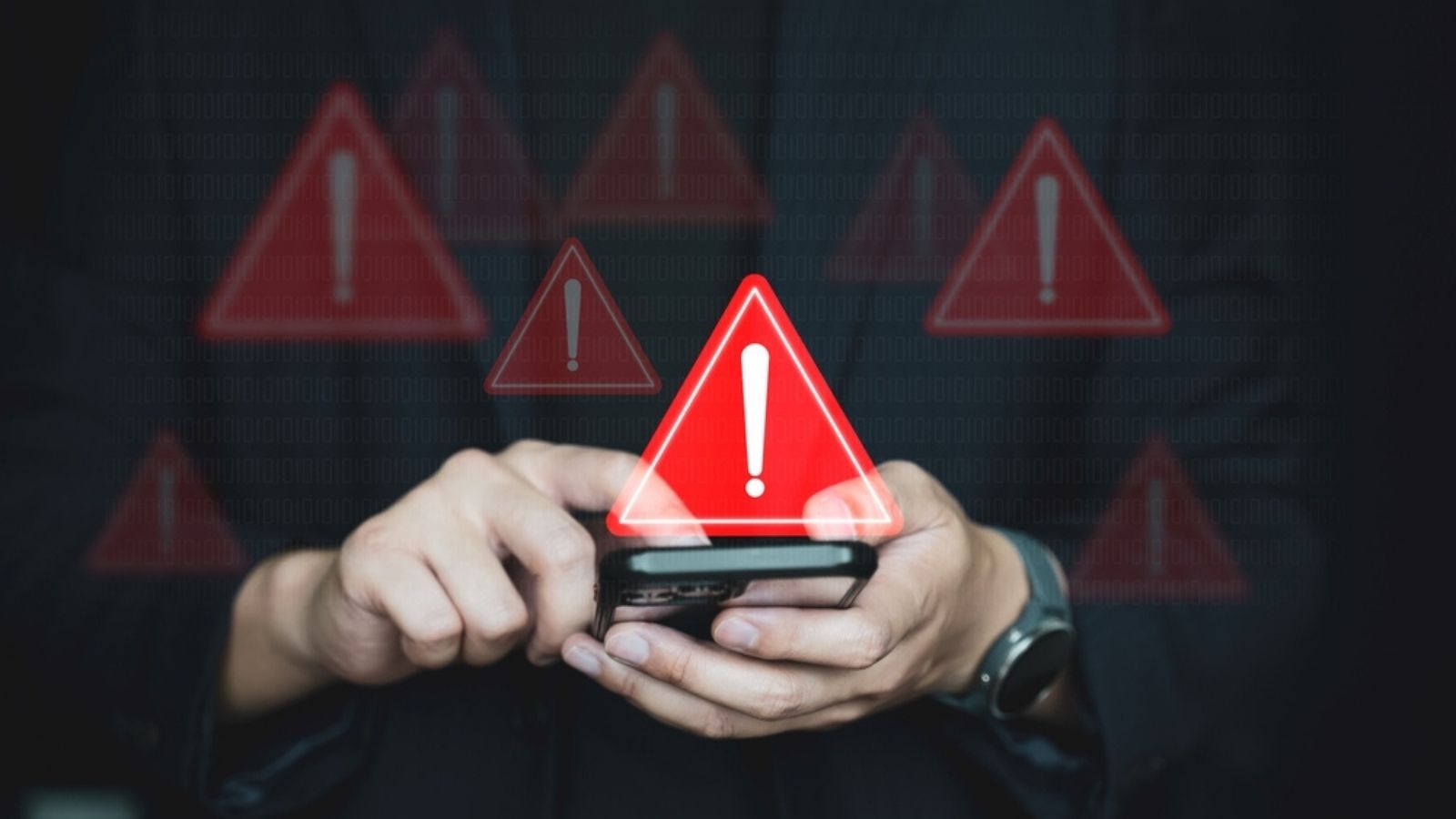
What if someone hacks into your account, or your digital wallet gets compromised? Unlike losing a wallet full of cash, cyber theft could drain your entire balance, and the recovery process is often frustrating, slow, and uncertain.
Children and Seniors: Left Out?
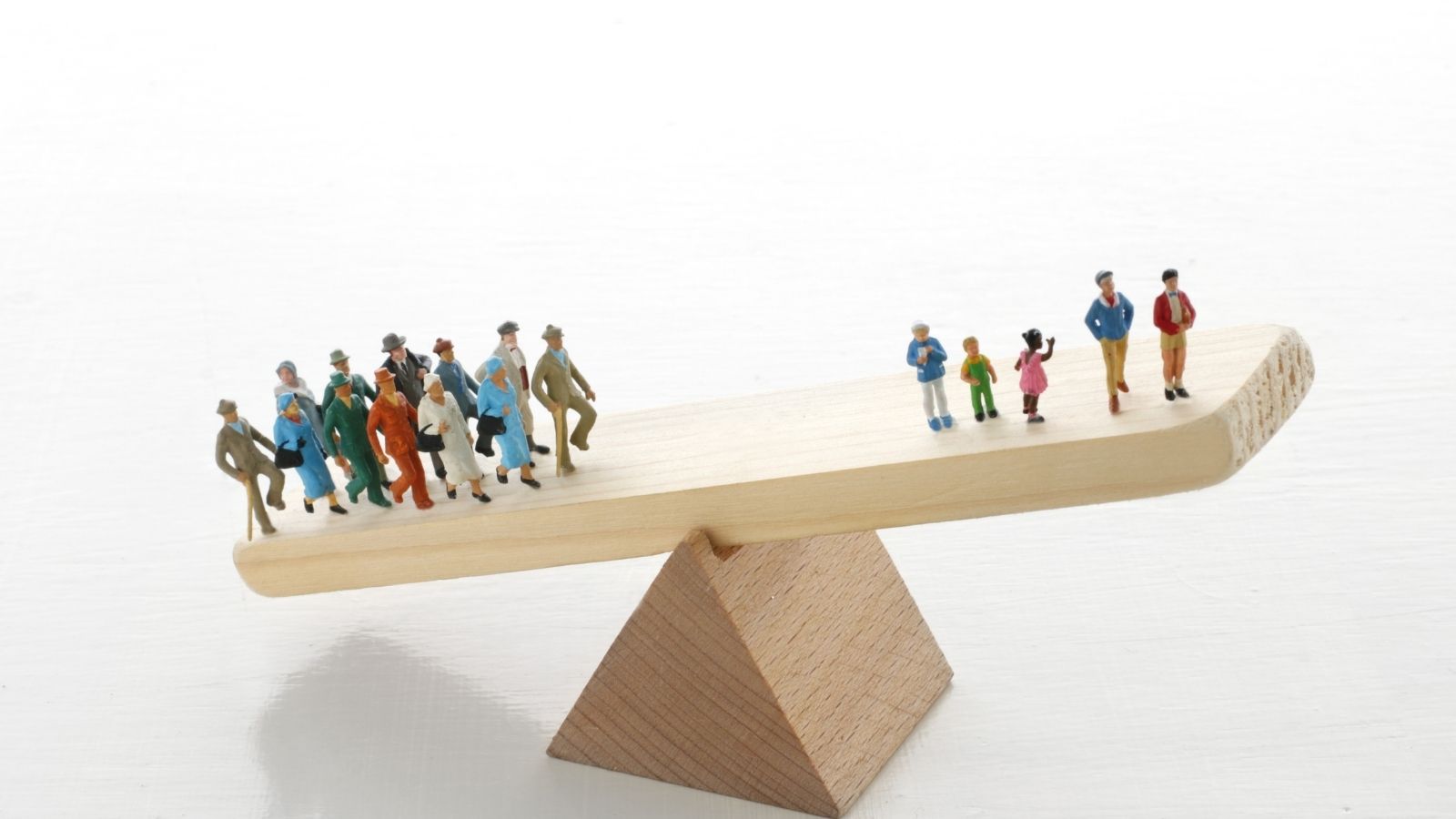
How do you teach children about saving or spending without the tangible feel of cash? And what about seniors who struggle to navigate smartphones or online banking? These groups risk being left behind in a fully digital economy.
Small Vendors and Charities Hit Hard
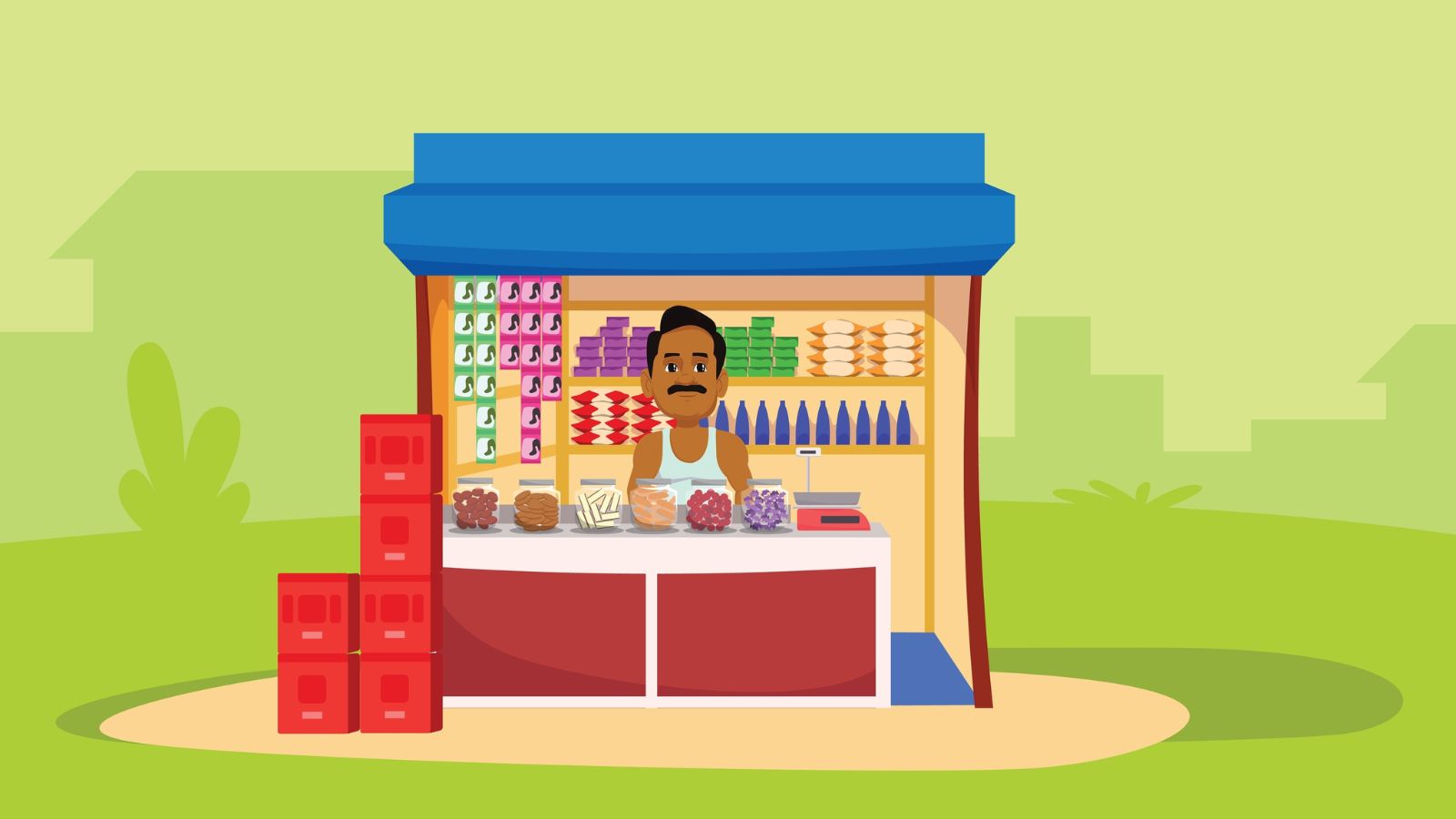
Have you ever tipped a street performer or dropped cash into a donation box? Small vendors and charities often rely on cash for quick, hassle-free transactions. Going cashless might mean fewer tips, donations, or spontaneous purchases, affecting their livelihood.
New Forms of Crime

While cash has its ties to illegal activities, a cashless world isn’t crime-free. Instead, we’ll see a rise in digital crimes like identity theft, online scams, and sophisticated financial fraud. Criminals evolve with the times.
What About Emergencies?

Cash often becomes the fallback in times of crisis—natural disasters, wars, or major outages. It works when nothing else does. A cashless society would leave us vulnerable in these unpredictable moments.
Cultural Traditions Disappear

Money isn’t just about transactions—it’s cultural. Think of giving cash as gifts, celebrating festivals with money envelopes, or even the symbolism of different currencies. A cashless world risks erasing these traditions.
Spending More, Saving Less

When you use cash, you feel the weight of every dollar spent. Digital transactions, on the other hand, feel effortless—and sometimes, too easy. This can lead to overspending and financial strain.
Tourists May Struggle

Imagine traveling to a new country where your digital wallet doesn’t work and cash is no longer accepted. Tourists could face difficulties navigating unfamiliar systems, making a dream vacation a logistical headache.
Banks Hold All the Power
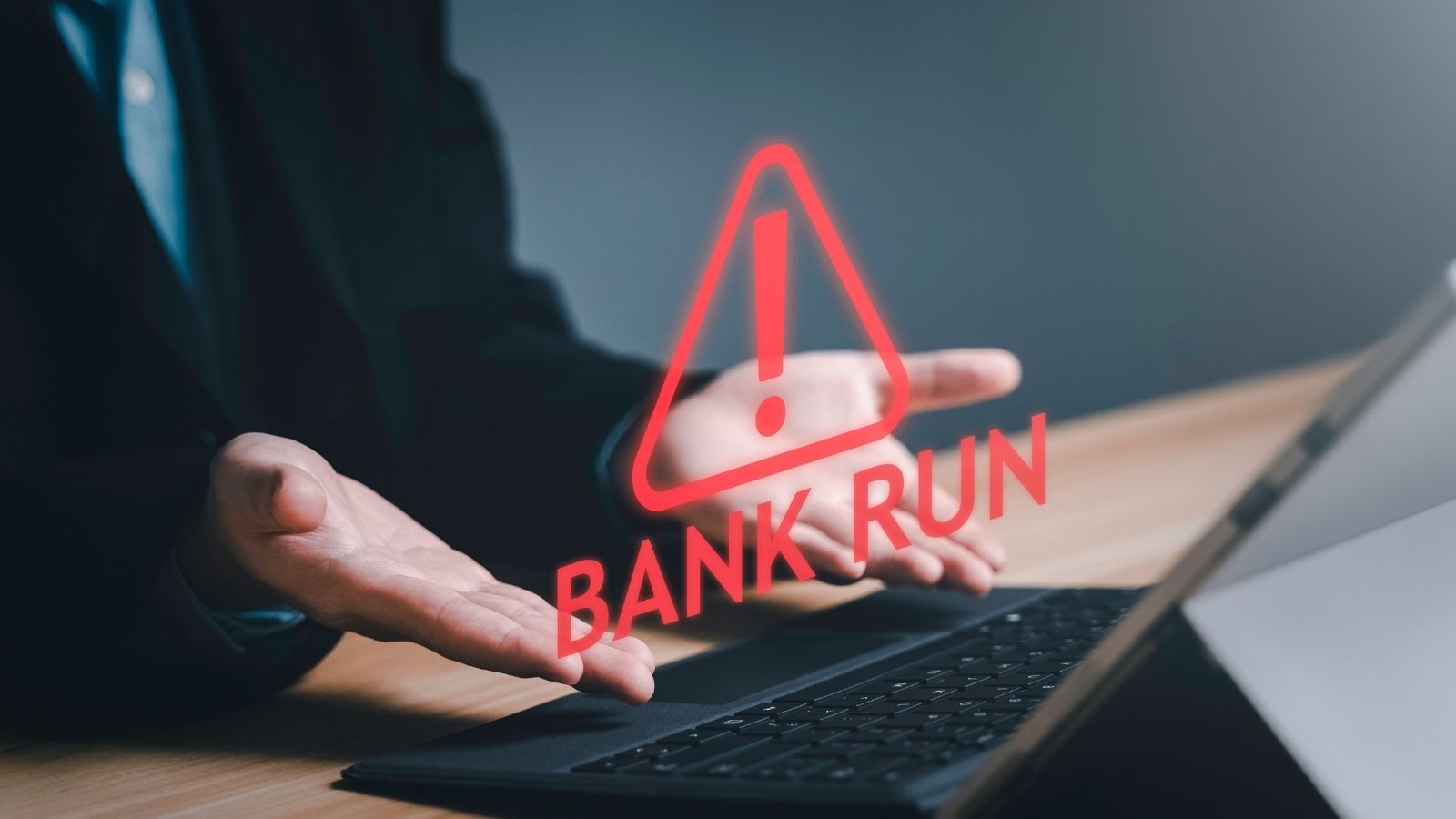
Without cash, banks and payment processors control your access to money. They can impose fees, policies, or restrictions—and you’ll have no alternative. This reliance gives them immense power over your financial life.
Conclusion

A cashless future is on the horizon, but we can’t afford to rush into it unthinkingly. Convenience should never come at the cost of privacy, security, or inclusion. By understanding the risks and taking proactive steps, we can shape a financial system that works for everyone—not just the tech-savvy or privileged few.
20 Reasons Why Wealthy Investors Are Looking At The Caribbean

The Caribbean has long been known for its stunning landscapes and vibrant culture, but in recent years, it has also become an attractive destination for wealthy investors. The region offers numerous financial, economic, and lifestyle advantages that appeal to high-net-worth individuals seeking opportunities. Here are 20 reasons why the Caribbean has captured the attention of the global investment community.
20 Reasons Why Wealthy Investors Are Looking At The Caribbean
